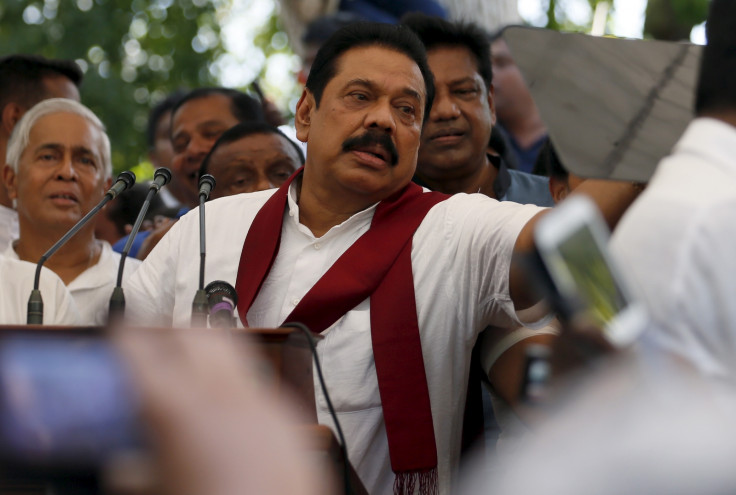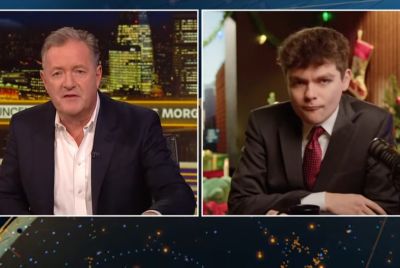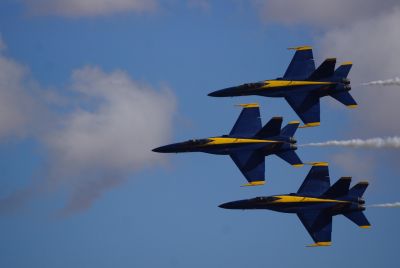Sri Lanka: Former president Mahinda Rajapaksa says he will lead opposition in general elections

Sri Lanka's former president Mahinda Rajapaksa announced on Wednesday (1 July) that he will lead the opposition in the upcoming general elections to be held on 17 August.
Last week, the island nation dissolved its six-month-old parliament amid intensifying political and economic instability, resulting from the inability of President Maithripala Sirisena and Prime Minister Ranil Wickramassinghe to pass key political reforms.
According to the country's laws, general elections need to be held between 52 and 66 days after the parliament's dissolution. Filing of nomination papers is from 6 to 13 July.
Meanwhile, Rajapaksa, in whose office the media was heavily censored and journalists prosecuted, and attacks on religious minorities were commonplace, said: "I am not ready to reject the appeal you are all making. For the sake of this country, for the sake of the motherland, we must contest in the upcoming parliamentary elections."
Thousands of supporters had gathered at his residence in Hambantota district constituency, when he declared his candidacy. However, Sirisena, who had sought support from the opposition leader and now prime minister, to oust Rajapaksa, has rejected his demand to name him as the prime ministerial candidate of the Sri Lanka Freedom Party (SLFP).
Rajapakse had led the SLFP for 10 years until his election defeat in January.
While Rajapaksa did not clearly specify which party he would contest the elections under, his supporters claimed that he would form a new coalition if the president does not relent. Kumara Welgama, a former minister in Rajapakse's government, told the media that the former president would contest under the betel leaf symbol of the former ruling party United People's Freedom Alliance (UPFA).
"He will be the prime ministerial candidate of either the Sri Lanka Freedom Party (SLFP) or the United People's Freedom Alliance (UPFA)," Welgama said.
It is also likely that Rajapaksa, who was regarded as a hero by some and a war criminal by others after he defeated the Tamil Tiger rebels in 2009, may not himself fight for the seat in the country's 225-member parliament. But he vowed that the opposition faction he is leading would go forward with a "great wall" of people's power, the New York Times reported.
© Copyright IBTimes 2025. All rights reserved.





















